Aston Martin is Going '100 Percent Hybrid' by 2025

Aston Martin CEO Andy Palmer has confirmed that every one of the manufacturer’s cars will be offered as a hybrid by 2020.
Speaking to the Financial Times, Palmer said Aston Martin would be “100 percent hybrid by the middle of the 2020s.” That doesn’t mean all Aston Martins will be hybrids, but all will at least be offered with some sort of hybrid powertrain. Additionally, about a quarter of the supercar maker’s vehicles will be fully electric by the end of the next decade.
Aston plans on developing its own hybrid system, rather than borrowing one from technology partner Mercedes-Benz. Palmer believes it’s important to keep the development of core technologies (i.e. powertrains) in-house instead of outsourcing them to suppliers or other automakers. It will initially buy lithium-ion battery cells from a supplier, but the company plans to bring its battery production in-house one day as well.
SEE ALSO: Aston Martin Begins Work on Factory Where DBX SUV Will be Built
The first Aston Martin EV, an electric version of the Rapide called the RapidE, is set to arrive in 2019. The concept version produced 800-1,000 horsepower between its four electric motors and had a theoretical range of about 200 miles. With battery technology having progressed since the concept was first shown in 2015, it may have a bit more range on offer than 200 miles, but should have about the same power output. More information about the concept is expected to come to light in the coming months.
One of the first mass-market hybrids from Aston Martin will be its DBX SUV. The vehicle is expected to launch with V8 and V12 engines, but will eventually be offered as a hybrid. The Aston Martin Valkyrie hypercar, expected to go into production next year, will also be a hybrid, pairing a naturally-aspirated V12 engine with a hybrid system developed by electric supercar maker Rimac. It will be limited to just 150 units.
Aston Martin’s plan is similar to that of Ferrari, which has also said all of its road cars from 2019 onward will be hybrids. Such a move is quickly becoming necessary for low-volume manufacturers of high-performance cars as they look to offer more performance to consumers while adhering to increasingly strict fuel economy and emissions standards.
[Source: Financial Times]
Discuss this story on our Aston Martin forum.

Sam McEachern holds a diploma in journalism from St. Clair College in Windsor, Ontario, and has been covering the automotive industry for over 5 years. He conducts reviews and writes AutoGuide's news content. He's a die-hard motorsports fan with a passion for performance cars of all sorts.
More by Sam McEachern



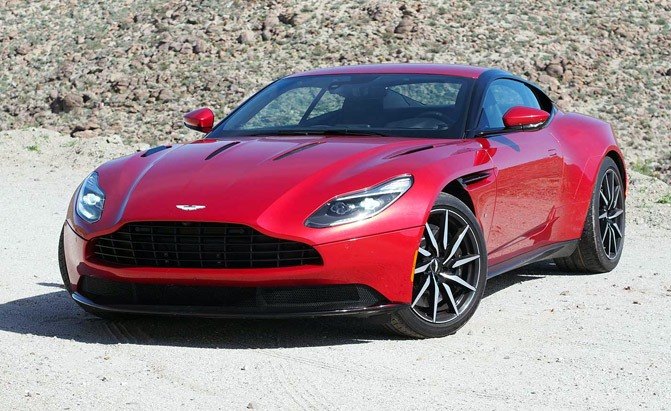










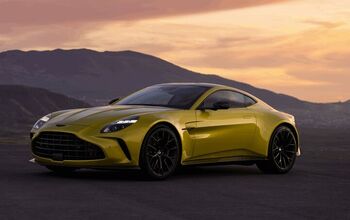
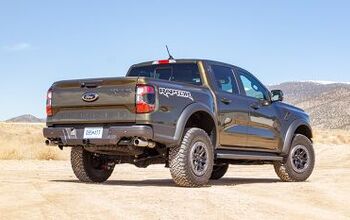
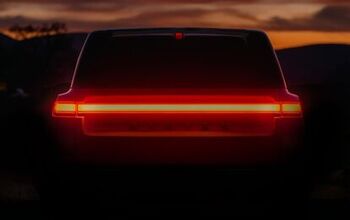

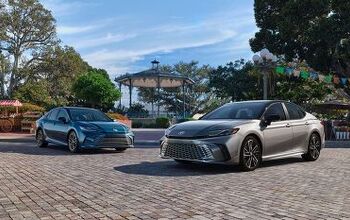
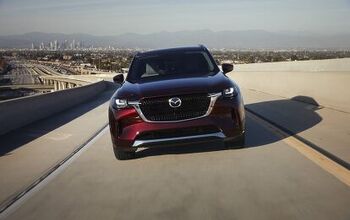


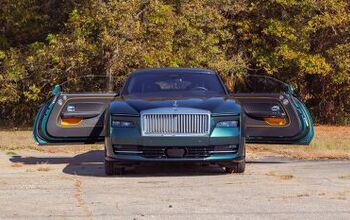

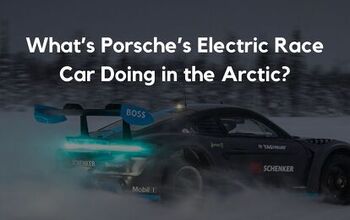
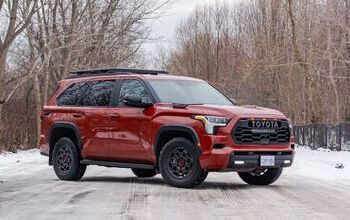



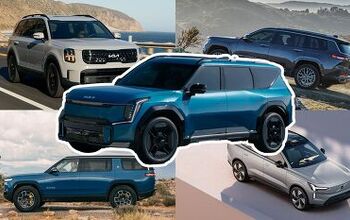


Comments
Join the conversation